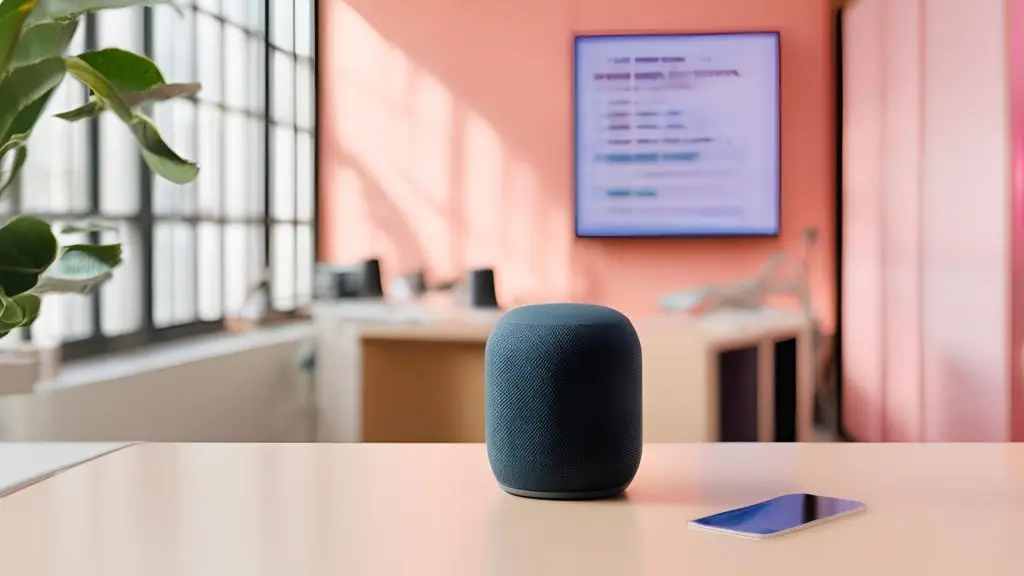The capabilities of AI tools are quickly advancing, and more than ever we are making use of what they have to offer. Marketers are adapting their SEO strategies to include Voice Search Optimisation (VSO) and ensure their content is visible to voice search audiences.
In 2024, the number of voice search assistants is predicted to exceed the world population. It is unsurprising then, that leading assistants such as Siri and Alexa have quickly become household names.
Many of us primarily use Voice Assistants for functions that don’t involve search engines; to set alarms, command smart technology such as light switches, and control platforms like Spotify. For this reason, sales volumes are not directly proportional to shifts in consumer search behaviour.
However, the successful emergence of platforms like chat GPT highlights the innovation of AI in recent years. Both the significant uptake of AI tools and the growing popularity of audio content suggest that as technology evolves, we do too. With each generation more digitally literate than the last, we are increasingly receptive to the opportunities and convenience offered by new technology.
Whether you target existing voice search audiences, or just hypothetically incorporate them into your long-term marketing strategy, anticipating the acceleration of voice search will allow you to stay ahead of the curve and continue to produce high-performing content that is able to compete for top SERP positions.
Keyword Strategy for Voice Search
When we use voice search assistants we tend to use different language. Adapting your keyword strategy accordingly is key for voice assistants to serve your content over that of your competitors.
To maximise the visibility of your content, you should focus on:
Niche Long-Tail Keywords ✅
Due to their hyper-specificity, long-tail keywords tend to have lower search volumes but they are also likely to have less competition. This highlights a valuable opportunity to sidestep sites that dominate traditional SERP responses to corresponding short-tail keywords, and effectively target relevant audiences.
Questions & Answers ✅
When we ask questions to voice search assistants, their responses usually include the question itself in full. To efficiently optimise your content, you should begin your keyword strategy early in the planning process and adopt a conversational voice and tone throughout. There are many ways to structure content around questions, such as by including the question itself in the title tag or following a Q&A format.
The Importance of Technical SEO
Keyword strategy is effective because search engines credit and serve content that they determine best meets the needs of users, but importantly, search engines do not read and instead crawl pages to make sense of your content. While search engines recognise the use of relevant keywords, they do not necessarily understand their context. To maximise SEO therefore, we also need to convince search engines of the merit of our content by communicating using the language they best understand – code.
The average response delivered by voice search assistants is only forty-one words long. While a targeted keyword strategy helps search engines determine content relevance, search engines must also identify the most concise, appropriate response within your content. Schema markup, or Structured data code, is what allows search engines to crawl your site effectively and understand your content. FAQ schema, for example, signposts which answers correspond to each question and therefore shows search assistants select which words to deliver to users.
Schema markup is particularly valuable for voice search optimisation because it increases the compatibility of your content with additional SERP features like rich results and featured snippets which are often directly used in voice search responses.
You can further optimise your content for voice search assistants by:
Prioritising Mobile Health ✅
Like Google prioritises the mobile version of your site when indexing your content, so do voice search assistants, and so you should optimise your content towards smartphones.
Maximising Page Speed ✅
The average voice search response is delivered in 4.6 seconds, 52% faster than the average webpage. If your content does not load quickly enough, search assistants will not consider it and you will miss out on potential traffic.
Voice Search & Local SEO
Voice search optimisation, or VSO, directly compliments local SEO for many reasons:
-
- Drivers using voice search assistance for hands-free search and are likely to be making local queries.
-
- Whether we type them into search engines or use voice search assistants, we often use specific long-tail keywords or questions for local searches. This makes VSO particularly efficient as you can optimise for both search mediums simultaneously with a consistent content and keyword strategy.
Voice search assistants prioritise results based on their preferred or default search engine and the nature of the search:
-
- Both Apple and Google devices use Google as their default search engine but for local search, Apple prioritises Apple Maps, whereas Google Maps, and Google Business Profiles.
-
- Amazon devices often prioritise Bing in their voice search results.
To increase the visibility of your content in Local SEO responses and set yourself apart from your competition, you should maximise the compatibility of your content with SERP Features. For business owners, this might include setting up multiple high-quality business profiles, including up-to-date information such as opening times, available parking, and contact information.
Business Profiles & Voice Search Visibility
When we search for the ‘best’ restaurant or cafe in an area, voice search assistants often use reviews from a default source to inform their recommendations. By creating business profiles that are compatible with each search engine, you make your business an option to serve all voice search assistants.
Similarly, when we search based on hyper-specific criteria, a detailed business profile gives search assistants quick access to the information needed to recommend your business. For local search then, VSO is a particularly easy, budget-friendly, and accessible way to put your business on the map.

